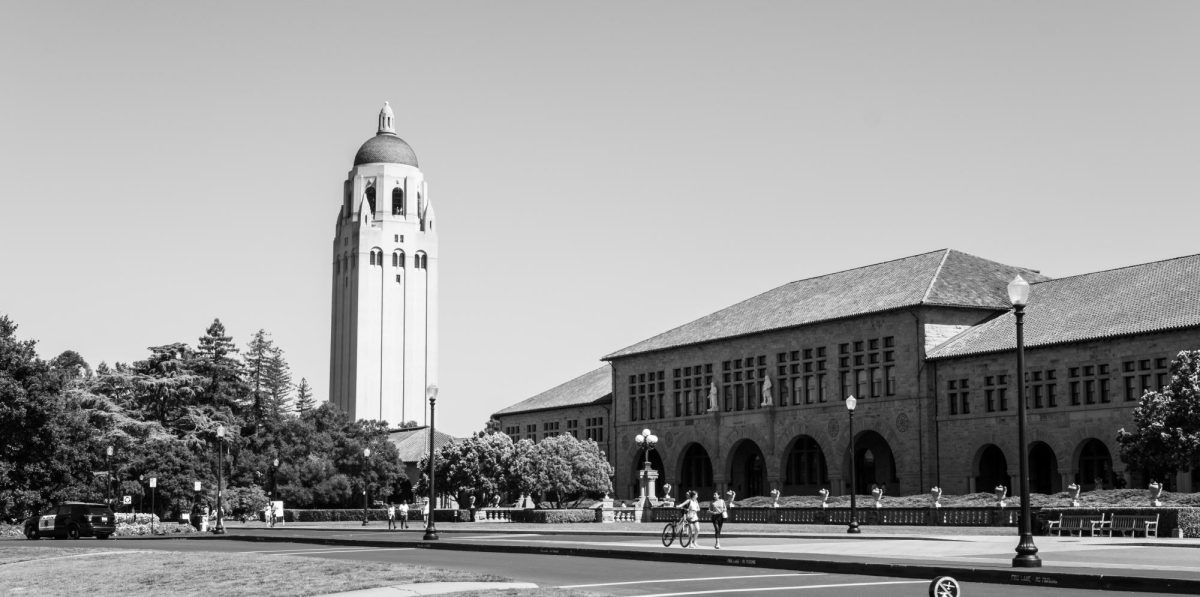Students and graduates who occupied and vandalized Stanford University’s campus will soon be in court this April after being charged with felony vandalism and conspiracy to trespass.
The 12 individuals are being charged for crimes which include smashing windows, breaking into administrative buildings, and vandalizing various buildings with anti-semitic messages.
Overall, the Stanford students whom Anthro has interviewed said that the charges were too harsh for the crime, and the sentencing was too harsh given the protesters’ ages.
One student, who requested to remain anonymous, stated that she believes the charges are unnecessarily severe and burden the students’ lives unfairly.
“Felony charges stop you from voting and holding a job, so I don’t know. I feel like when I was 18, there were a lot of stupid things I did that I would hate to be penalized for,” the student said.
Another Stanford student, who requested to remain anonymous, expressed their thoughts on how, despite the students deserving punishment for their acts, the charges were too harsh for the crime.
“My first impression was that felony charges seemed a bit harsh,” they said. “Given trespassing charges, they’re definitely guilty, but I think the sentencing was too harsh.”
Stanford was one of many schools with encampments of pro-Palestinian students last year. According to the New York Times, more than 3,000 students were arrested for college encampments last year; they primarily faced misdemeanor charges or had their charges dropped altogether
Police arrested the Stanford student protestors on June 3, 2024, according to the New York Times. The protestors occupied the office of the Stanford president, barricaded themselves inside the office, broke windows, splashed fake blood inside the building, broke furniture, and smashed security cameras. The damages were estimated to be in the hundreds of thousands of dollars.
On April 10, Prosecutor Jeff Rosen, the district attorney of Santa Clara, charged the 12 Stanford protesters with felony vandalism and felony conspiracy to trespass. The charged protesters’ ages ranged from 19 to 32, and all but one of the individuals were current or former Stanford students.
The protesters face up to three years and eight months in prison. This doesn’t include the payment of restitution they must pay to reimburse the university for their damages during the protests.
Santa Clara County District Attorney Jeff Rosen also expressed his thoughts on the matter.
“Whenever you have multiple people working together to commit a crime, it’s much more dangerous to the public,” Rosen told the Times.
Overall, he said he believes that “speech is protected by the First Amendment: Vandalism is prosecuted under the Penal Code.”
